Opportunity to negotiate
Not being drawn into a trade war, not confronting and not causing tension, Vietnam has proposed to reduce import tax to 0% on goods imported from the US and wants the US to apply the same tax rate on Vietnamese goods.
Sharing with VietNamNet reporter , Dr. Vu Thanh Tu Anh, Senior Lecturer at Fulbright School of Public Policy and Management, Fulbright University Vietnam, said: Our orientation is correct!
According to him, when Vietnam's economy depends heavily on exports and foreign investment, we must ensure the most favorable environment possible. In particular, import taxes on major markets must be as low as possible, with the United States being Vietnam's largest export market.
Dr. Vu Thanh Tu Anh believes that creating a stable, conflict-free environment is to attract investment. In recent times, the majority of foreign investment in Vietnam is due to the stable political environment and high economic growth rate. The US's 90-day postponement of tariffs and the opportunity for negotiation are very good conditions.
"However, we must understand that this is just the beginning, because there are many issues on the negotiating table that we cannot fully anticipate," said Dr. Vu Thanh Tu Anh.
Dr. Vu Thanh Tu Anh emphasized that, in addition to negotiations, Vietnam needs to prepare all conditions and authentic evidence to convince its partners. At the same time, it needs to proactively advocate for policies, especially with those who have influence on President Trump.
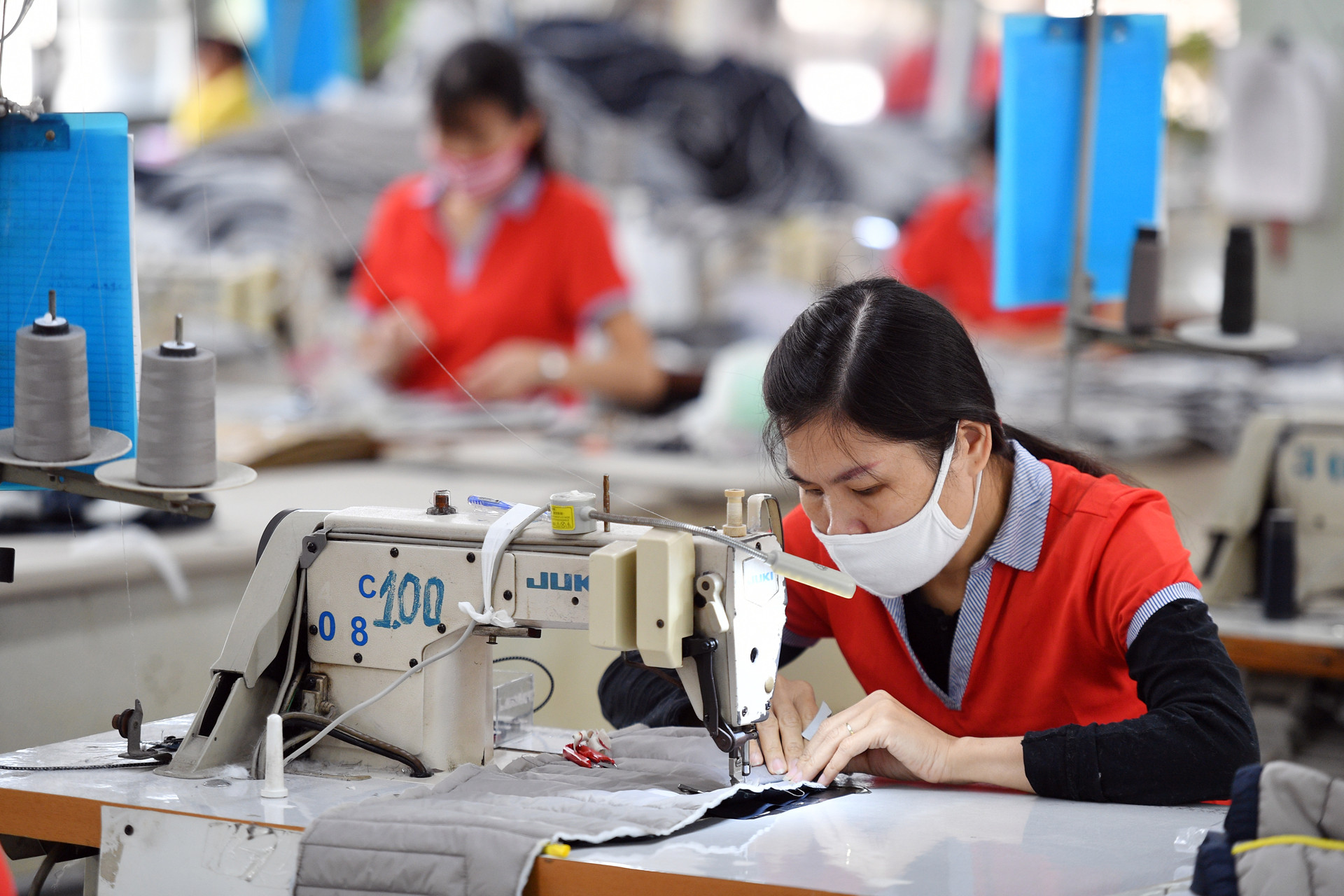 According to experts, the US postponement of reciprocal tariffs for 90 days is the time for us to fully prepare for negotiations. Photo: Nam Khanh
According to experts, the US postponement of reciprocal tariffs for 90 days is the time for us to fully prepare for negotiations. Photo: Nam Khanh
Meanwhile, Associate Professor Dr. Pham The Anh, National Economics University, expressed his opinion that "the initial tariff rate that the US proposed at 46% was for negotiation, not for application."
Therefore, the US postponement of the 46% reciprocal tax with Vietnam and other countries for 90 days is the time for us to fully prepare for negotiations and to anticipate situations. According to him, even though the tax rate is postponed, all countries are subject to a minimum tax rate of 10%.
"It is very difficult to return to the old tariff level," said Mr. Pham The Anh. "No matter what the negotiation results are in the next 90 days, international trade activities will change. This poses many challenges for Vietnam."
Postponing tariffs to continue negotiations is an opportunity, but also a warning.
Associate Professor Dr. Pham The Anh analyzed that the global trade game has changed, so Vietnam needs to diversify its markets and products to avoid depending on one large market.
In addition to negotiating with the US, Vietnam also needs to proactively work with other major trading partners regarding the issue of origin of goods, in order to effectively adapt to policy changes from the Trump administration.
The survival strategy in the coming period is to diversify – both in terms of markets and product lines – and increase the value of Vietnam’s contribution to the global supply chain. Not only focusing on traditional markets such as the EU, Japan, Korea, etc., Vietnam needs to boldly exploit potential markets such as the Middle East, South America, or Africa.
At the same time, it is necessary to avoid over-dependence on a few key export industries. Sustainable economic growth must be based on added value, not just on the processing model. Because the larger the export market share, the more risks Vietnam will face from trade defense measures and tariff policies of other countries.
“Even if we accept a decrease in export scale, if the added value in exports increases, growth can still be achieved. Then, the benefits to the economy will still be guaranteed, while minimizing risks from tariff measures of major economies,” Associate Professor Dr. Pham The Anh commented.
According to Associate Professor Dr. Pham The Anh, the Government is reviewing each industry, re-evaluating its potential and strengths, in order to build a suitable strategy in the context of many fluctuations in international trade. In particular, for the foreign direct investment (FDI) sector, it is necessary to set certain conditions on the localization rate of products when aiming for export.
“The US government’s temporary suspension of tariffs to continue negotiations is an opportunity, but also a warning. One of the conditions is expected to be related to the localization rate and product origin. Therefore, FDI enterprises in Vietnam, as well as the Government’s macro policies, need to aim to increase the localization rate to minimize risks from trade defense measures,” Mr. The Anh suggested.
Meanwhile, Dr. Vu Thanh Tu Anh noted that in addition to negotiations, we must prepare conditions and evidence to convince our partners. At the same time, we need to advocate policies for those who have influence on Mr. Trump.
Vietnamnet.vn
Source: https://vietnamnet.vn/my-hoan-ap-thue-90-ngay-viet-nam-can-lam-gi-ngay-2389903.html




![[Photo] President Luong Cuong receives US Secretary of War Pete Hegseth](https://vphoto.vietnam.vn/thumb/1200x675/vietnam/resource/IMAGE/2025/11/02/1762089839868_ndo_br_1-jpg.webp)
![[Photo] Lam Dong: Images of damage after a suspected lake burst in Tuy Phong](https://vphoto.vietnam.vn/thumb/1200x675/vietnam/resource/IMAGE/2025/11/02/1762078736805_8e7f5424f473782d2162-5118-jpg.webp)








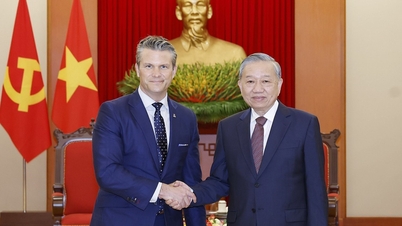
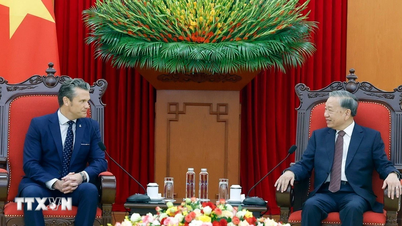



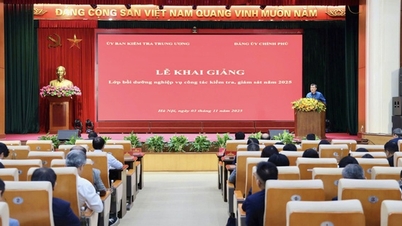




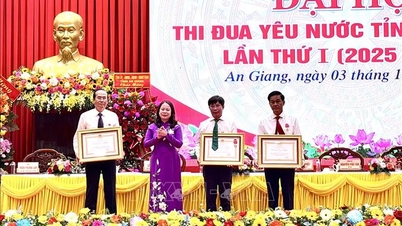
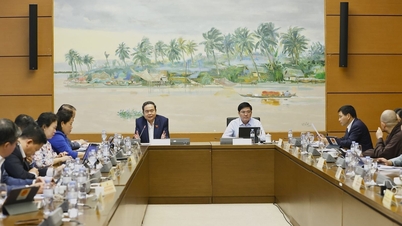
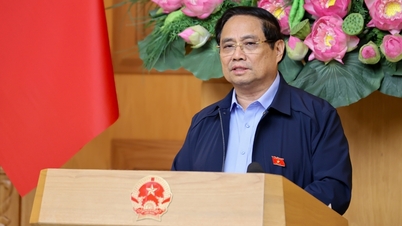




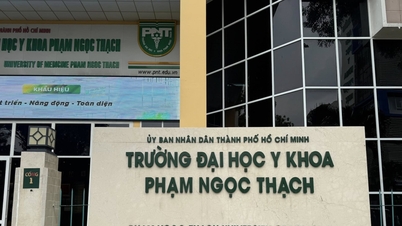






























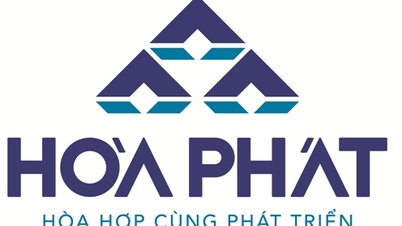












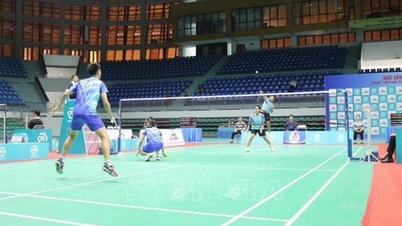
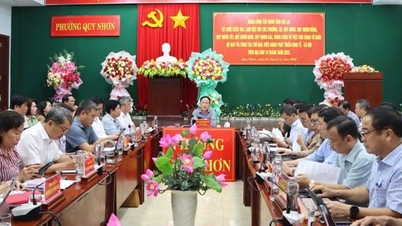


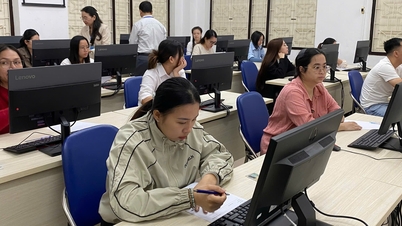

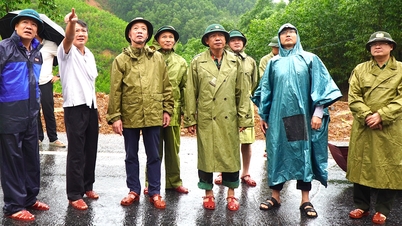


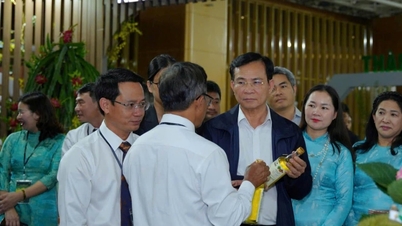
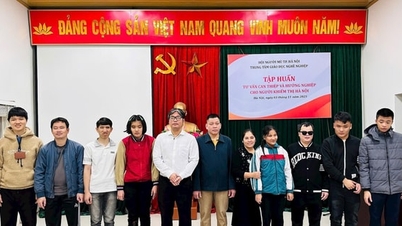

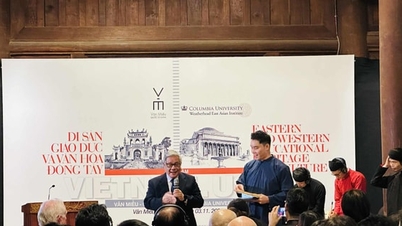













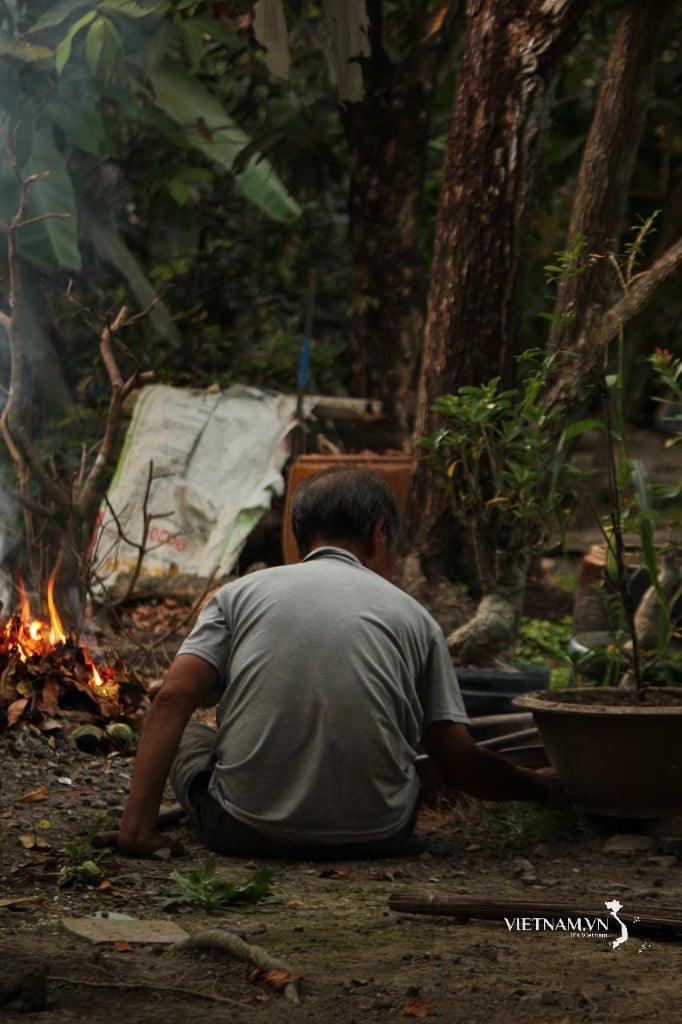
Comment (0)